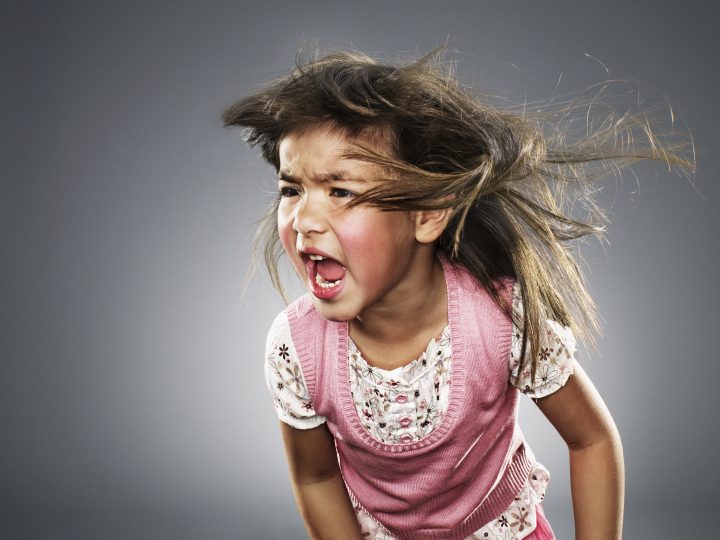Adults often feel as though stress is a fact of life. Juggling work and family life is challenging, and the guilt that ensues when the perfect balance isn’t struck can feel overwhelming. But stress doesn’t just affect adults — it’s felt by kids too.

WATCH BELOW: UBC study says scent of romantic partner can lower stress

They’re also susceptible to things like separation anxiety when they start school, which can instil stress in them before they’re even dropped off. The same goes for sleep — they could start stressing out before they even start their bedtime routine because they know they’re going to be separated from their parents; sleep deprivation in itself can cause stress.
“This is why structure is so important for kids. It gives them a sense of security in knowing what to expect,” Saibil says.
Signs your kid is stressed
Kids lack the ability to articulate their feelings, so parents should look out for behavioural changes and new habits like thumb sucking or hair twirling. They might also start doing things like wetting the bed or exhibit physical signs like stomachaches and headaches.
- Posters promoting ‘Steal From Loblaws Day’ are circulating. How did we get here?
- Canadian food banks are on the brink: ‘This is not a sustainable situation’
- Solar eclipse eye damage: More than 160 cases reported in Ontario, Quebec
- 3 women diagnosed with HIV after ‘vampire facials’ at unlicensed U.S. spa
“With toddlers, you can expect outbursts, tantrums and seeing them fling themselves to the floor. They’re pure emotion, and they don’t know how to dispense it any other way.”
However, Saibil says, this isn’t exclusive to toddlers. While older kids and teens probably won’t fling themselves to the ground, you can still expect angry outbursts, yelling and mood swings. They may also have trouble focusing causing them to fall behind in their schoolwork, or become withdrawn.
“In many ways, the signs aren’t much different from us when we get stressed and are more prone to being irritable,” Saibil says.
How to help your kid cope with stress
There are a variety of techniques you can employ to help your child mitigate stress, but the first is to implement a proper routine.
READ MORE: Dyspraxia is a common disorder in kids but a lot of doctors don’t diagnose it
“Sleep and exercise are so important,” Saibil says. “We carry our emotions in our bodies and we have to find a way to dispense it. That’s why exercise is great because it allows the body to flush out cortisol, which is the stress hormone. Physical activity will also connect them to confidence and a sense of control.”
Anyone who’s had a sleep-deprived toddler knows how important it is for them to get adequate shut-eye — and this is especially true if they’re feeling stressed. Sleep will help curb kids’ irritability and prepare them to tackle the things that are stressing them out.
Saibil also suggests engaging kids in calming practices like yoga and meditation, the former of which is even being incorporated in school curriculums with the express purpose of calming kids and promoting good mental health.
“Usually, stress comes from something that happened in the past and we’re ruminating on it, or it’s something that will happen in the near future and we’re nervous about it — like a child getting anxious about going to the doctor and getting a needle,” Saibil says. “Meditation is great for calming because the idea is about being in the present, and when we’re in the present, those nervous or anxious voices calm down.”
She points out that many of the more popular meditation apps have sections specifically for kids that seek to teach them how to breathe and how to pay attention to their breath.
Then once your child is calm, have a conversation with them about what’s happening in their life that’s causing so much stress.
READ MORE: How to deal with night terrors
“Just as exercise is a form of dispensing their stress, getting them to talk to you and sending the message that you’re a source of support will be calming. A lot of the stress can be solved if the adult creates a space in which the child can be heard.”
In some cases, your child may not want to talk about it, so don’t force them. Sometimes, all they need is to know that you’re there for them and always open to discussion.
“You want to create a sense of connection, emotionally and physically. Put your arms around your child and tell them, ‘I love you, I’m here for you and we can fix it together.’ That comfort alone can help.”






Comments